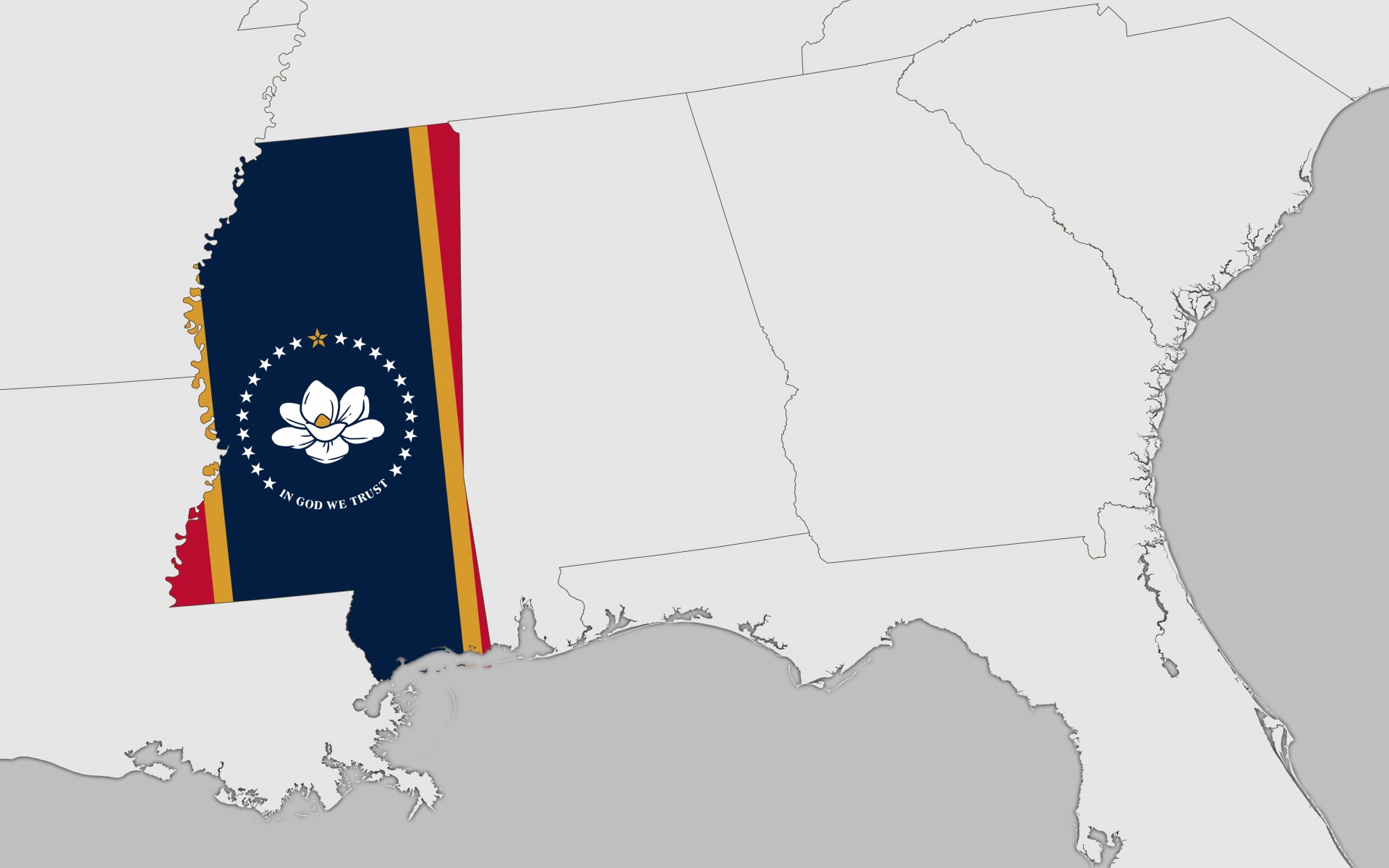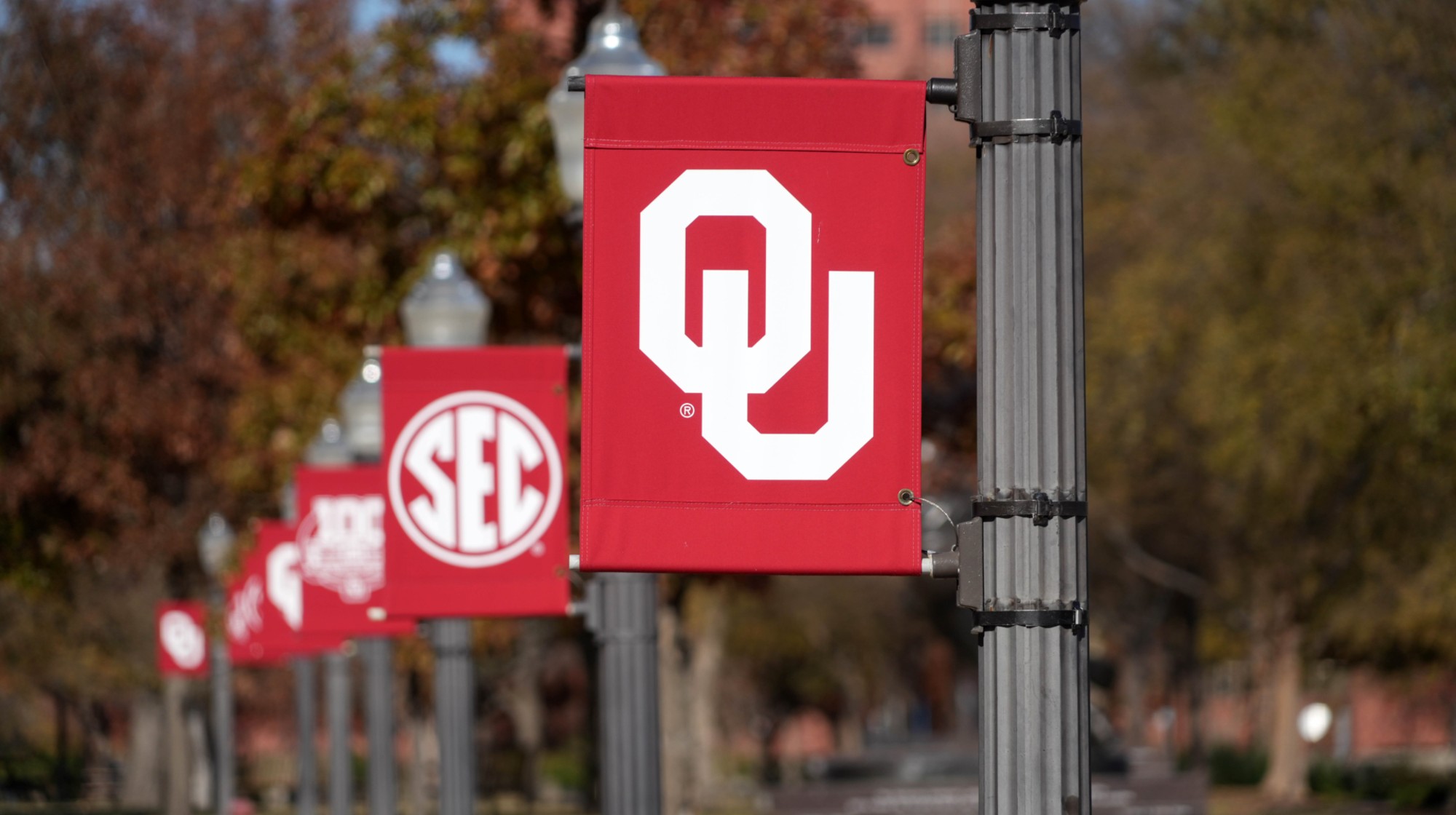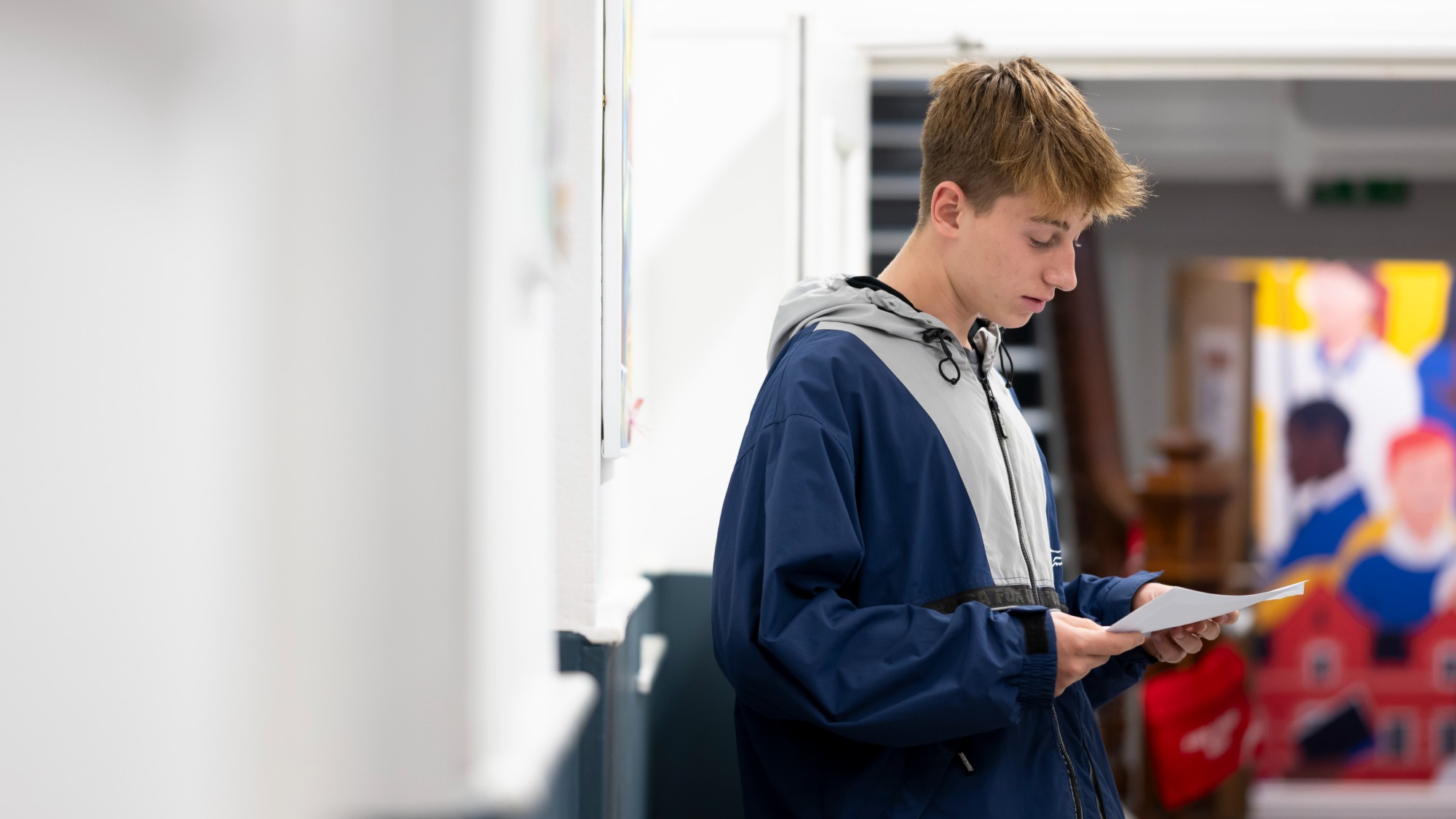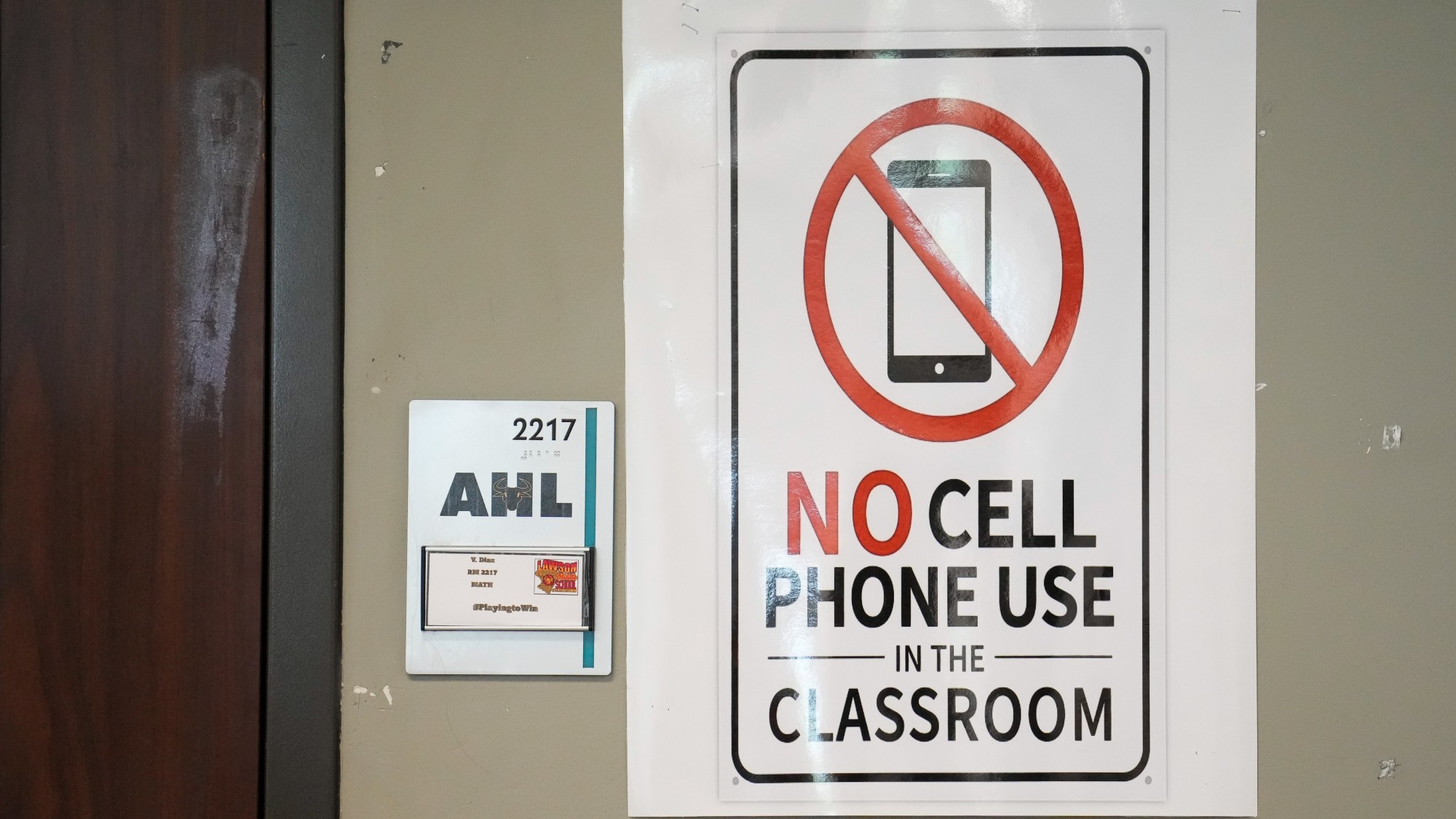Why are professors trying to escape their jobs?
The Facebook group that offers a look inside the crisis in higher education


A free daily email with the biggest news stories of the day – and the best features from TheWeek.com
You are now subscribed
Your newsletter sign-up was successful
A Facebook group called The Professor Is Out, which has close to 33,000 members, aims to spirit dissatisfied college and university professors in the United States out of the profession and into other pursuits. The scale of the group might come as a surprise to most people, who assume that a combination of competitive salaries and flexible work schedules make academia close to an ideal workplace. Yet many professors are deeply unhappy with their jobs, their compensation and the general direction of higher education policy in the United States, especially in southern states where policymakers are eliminating job protections and imposing new speech restrictions on faculty.
The Professor Is Out, founded by a former professor of anthropology, Karen Kelsky, in 2010, is both a support group and a networking opportunity. It has been so successful that Kelsky and several colleagues turned it into a thriving business that offers career coaching and other consulting and advising services. Most of what happens on the Facebook page, though, is individuals posting their horror stories, often anonymously to avoid retribution, and asking for advice and solidarity. Kelsky's group is therefore also a window into the complicated, interrelated crises afflicting virtually the entire industry.
Facing multiple crises
In an increasingly competitive environment this century, many schools made enormous investments in new buildings and facilities to attract students, a move recently dubbed "the amenities arms race" by The Chronicle of Higher Education. But the resulting debt loads have been unsustainable for many institutions. Parents worried about their own finances after the Great Recession began to doubt the basic value proposition of higher education, particularly as tuition continued to rise faster than inflation at public and private colleges. At many institutions, these harsh realities have meant budget cuts, salary freezes and program eliminations. In some rare cases, as with Southern Vermont College in 2019, it has led to the permanent closure of an institution.
The Week
Escape your echo chamber. Get the facts behind the news, plus analysis from multiple perspectives.

Sign up for The Week's Free Newsletters
From our morning news briefing to a weekly Good News Newsletter, get the best of The Week delivered directly to your inbox.
From our morning news briefing to a weekly Good News Newsletter, get the best of The Week delivered directly to your inbox.
Even at institutions not threatened with doom, many faculty saw an erosion in salary and benefits after the Great Recession. And then along came the one-two punch of Covid-19 and post-pandemic inflation. At many institutions, salaries are still significantly lower than before the pandemic. At the vast majority of colleges and universities, falling student numbers have led to downward pressure on salaries for both full and part-time faculty, and outside of the small circle of elite public and private universities, this has also meant less money for travel and studies for faculty whose career prospects depend on their ability to conduct research and publish. These developments have damaged "the ability of colleges and universities to attract and retain talented faculty members," said the American Association of University Professors in its 2022-2023 annual report on the profession.
Fewer students, more competition
There's another problem. Undergraduate college enrollments in the United States peaked in 2010, and the number of students has declined significantly since then, a trend exacerbated by the pandemic. But that pales in comparison to the "steep drop in the traditional college-age population" that will affect universities and colleges "in certain parts of the country starting in 2025," said Sara Weissman for Inside Higher Ed. This looming problem is known in education circles as "the demographic cliff" and has created a general atmosphere of gloom and fear inside many colleges and universities, which are reluctant to hire new professors or invest in the ones they already have while the institutions face such an uncertain future. Many analysts believe that another wave of mergers between troubled institutions, or even outright closures, are on the horizon.
That is the bleak landscape facing many university faculty who come to The Professor is Out for help. One recent poster, a tenured professor, asked for input and said that "the monotony, politics, budget woes, blank-eyed students, continual emails and ever-shifting priorities of the university" were leading to a search for opportunities outside the industry. More than two dozen replies offered a mix of advice and commiseration, much of it heartfelt and based on personal experience. No one recommended staying in academia.
A free daily email with the biggest news stories of the day – and the best features from TheWeek.com
David Faris is a professor of political science at Roosevelt University and the author of "It's Time to Fight Dirty: How Democrats Can Build a Lasting Majority in American Politics." He's a frequent contributor to Newsweek and Slate, and his work has appeared in The Washington Post, The New Republic and The Nation, among others.
-
 Companies are increasingly AI washing
Companies are increasingly AI washingThe explainer Imaginary technology is taking jobs
-
 The 9 best steroid-free players who should be in the Baseball Hall of Fame
The 9 best steroid-free players who should be in the Baseball Hall of Famein depth These athletes’ exploits were both real and spectacular
-
 ‘Bad Bunny’s music feels inclusive and exclusive at the same time’
‘Bad Bunny’s music feels inclusive and exclusive at the same time’Instant Opinion Opinion, comment and editorials of the day
-
 How Mississippi moved from the bottom to the top in education
How Mississippi moved from the bottom to the top in educationIn the Spotlight All eyes are on the Magnolia State
-
 Oklahoma fires instructor over gender essay grade
Oklahoma fires instructor over gender essay gradeSpeed Read
-
 Education: More Americans say college isn’t worth it
Education: More Americans say college isn’t worth itfeature College is costly and job prospects are vanishing
-
 How will new V level qualifications work?
How will new V level qualifications work?The Explainer Government proposals aim to ‘streamline’ post-GCSE education options
-
 England’s ‘dysfunctional’ children’s care system
England’s ‘dysfunctional’ children’s care systemIn the Spotlight A new report reveals that protection of youngsters in care in England is failing in a profit-chasing sector
-
 The pros and cons of banning cellphones in classrooms
The pros and cons of banning cellphones in classroomsPros and cons The devices could be major distractions
-
 School phone bans: Why they're spreading
School phone bans: Why they're spreadingFeature 17 states are imposing all-day phone bans in schools
-
 Penn wipes trans swimmer records in deal with Trump
Penn wipes trans swimmer records in deal with Trumpspeed read The University of Pennsylvania will bar transgender students from its women's sports teams and retroactively strip a trans female swimmer of her titles
